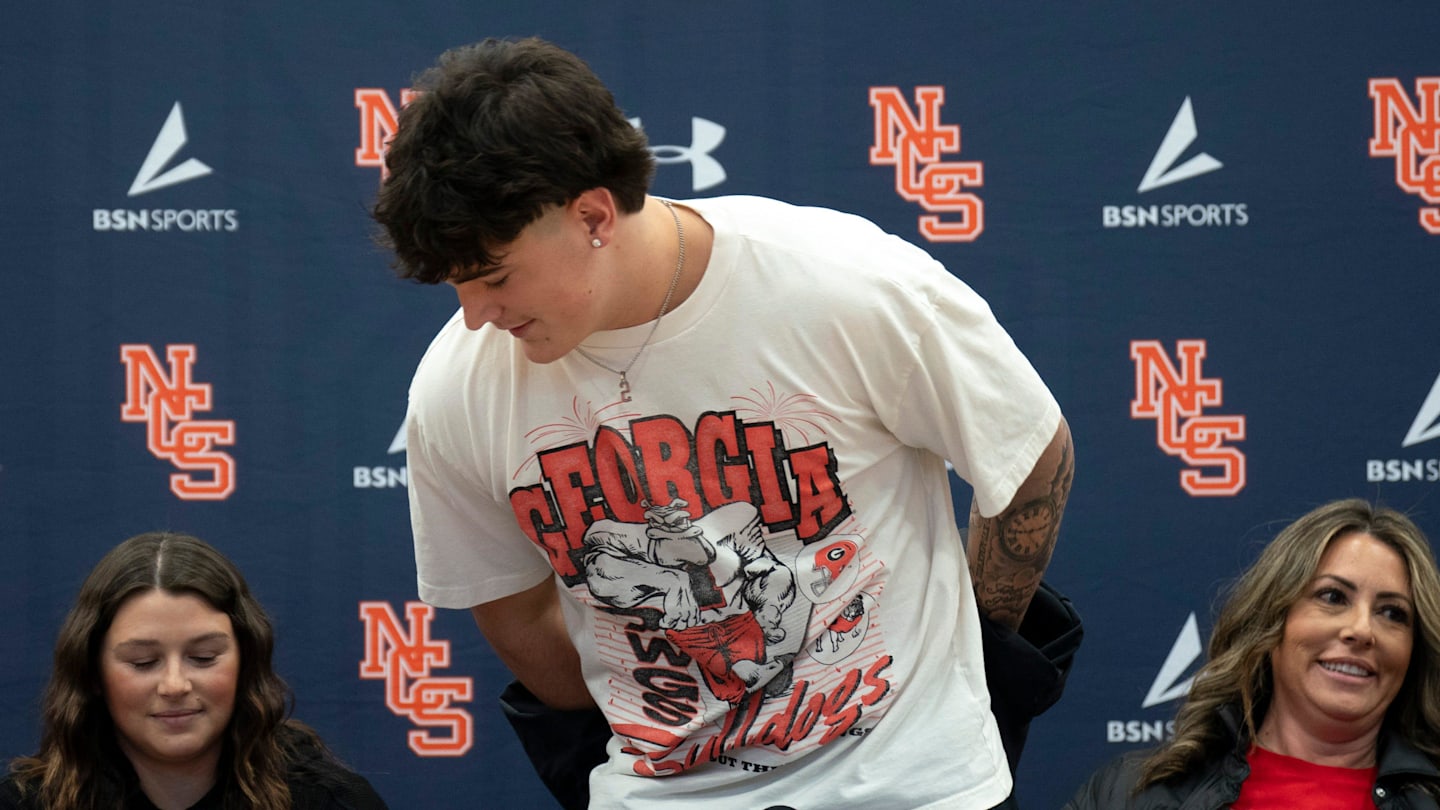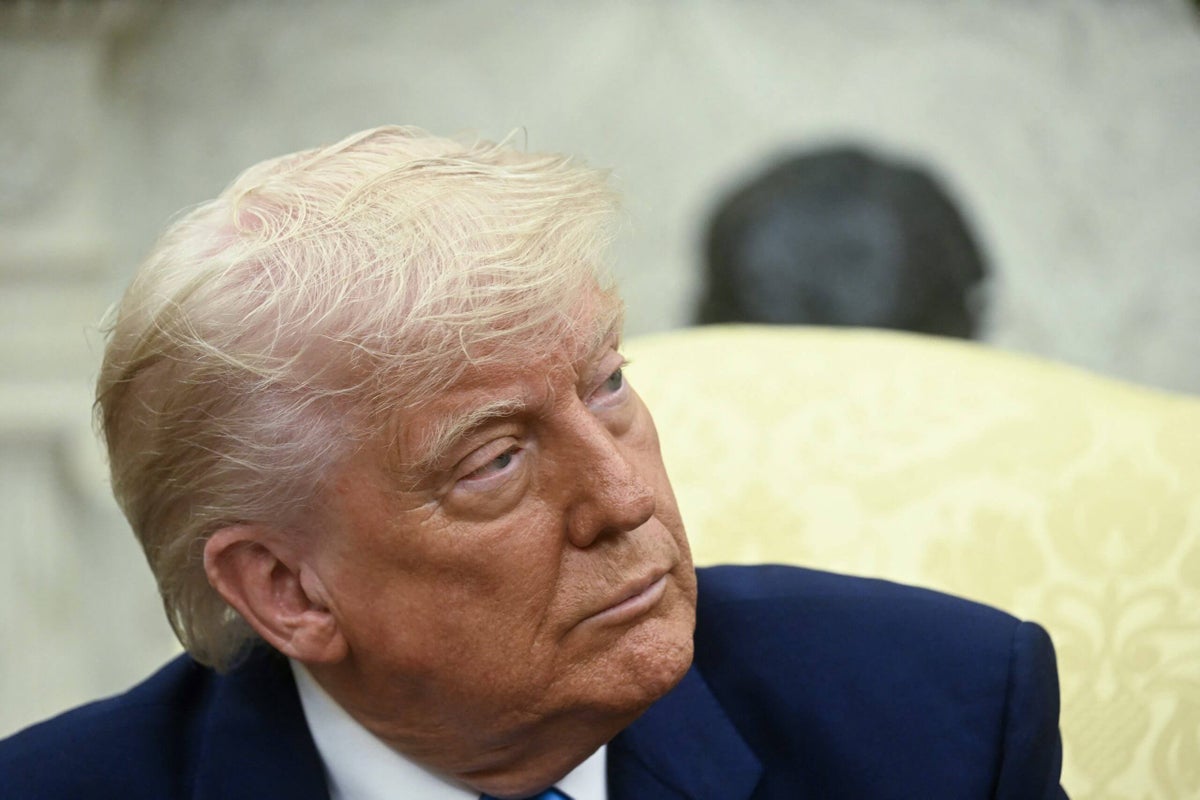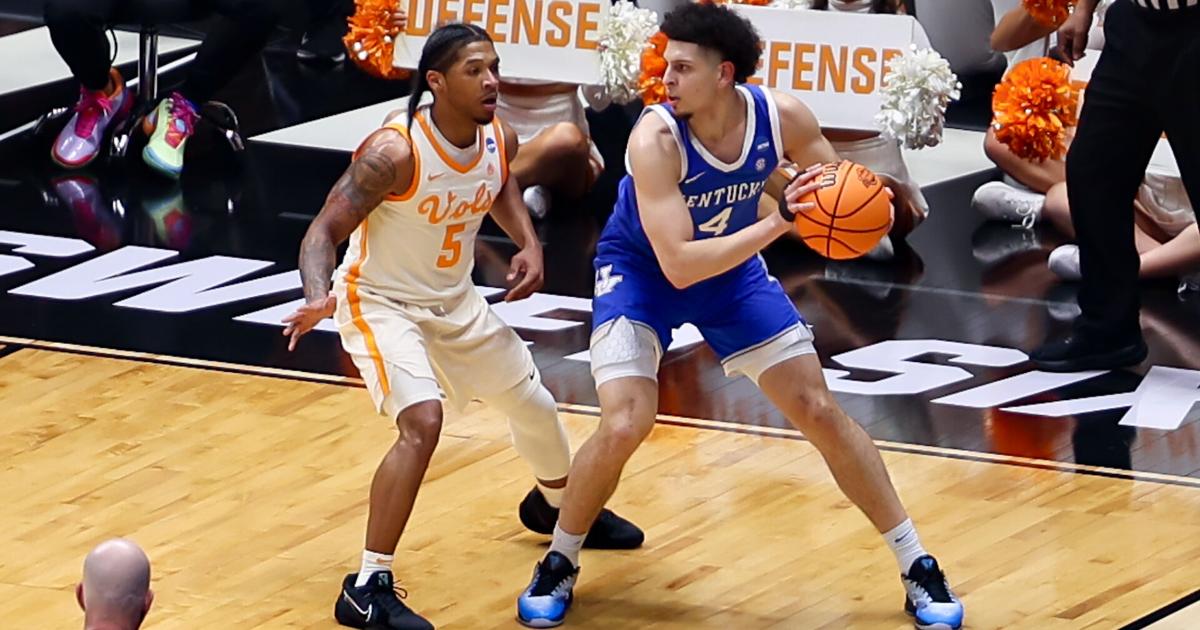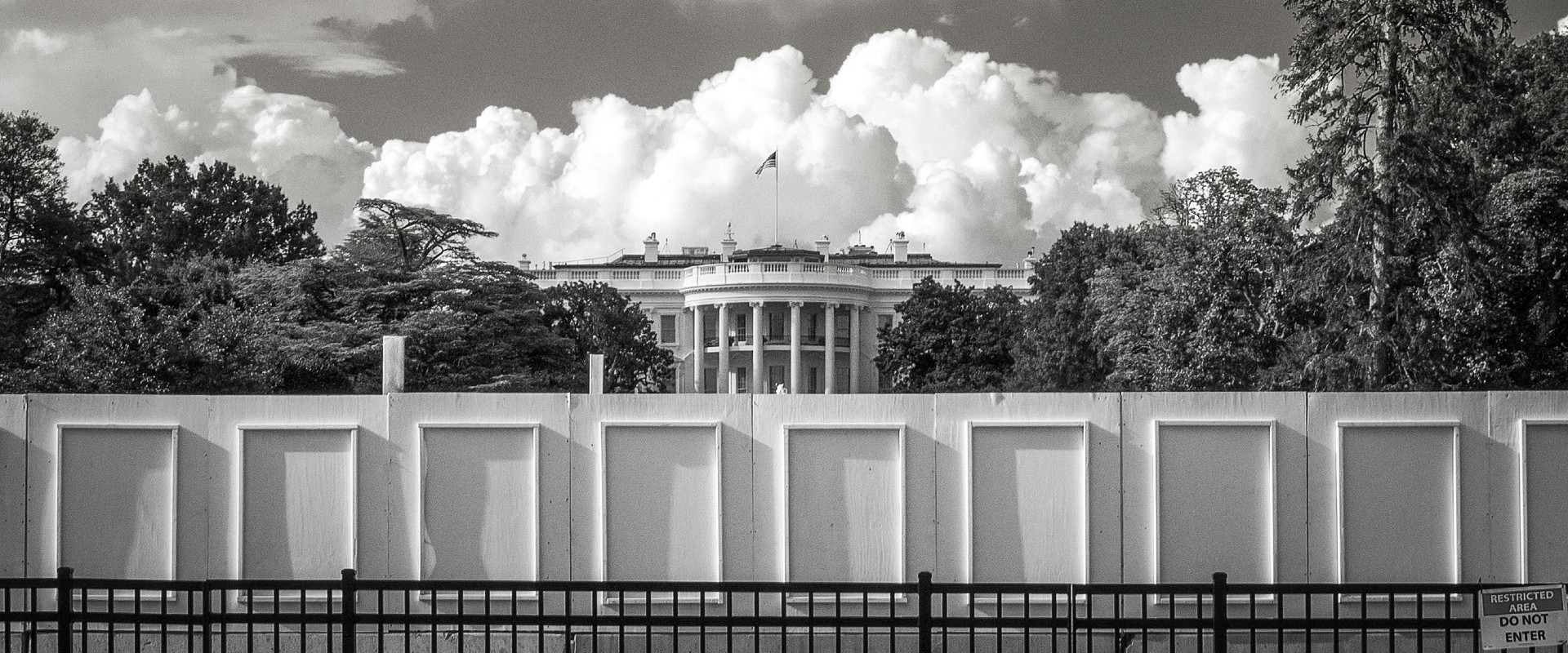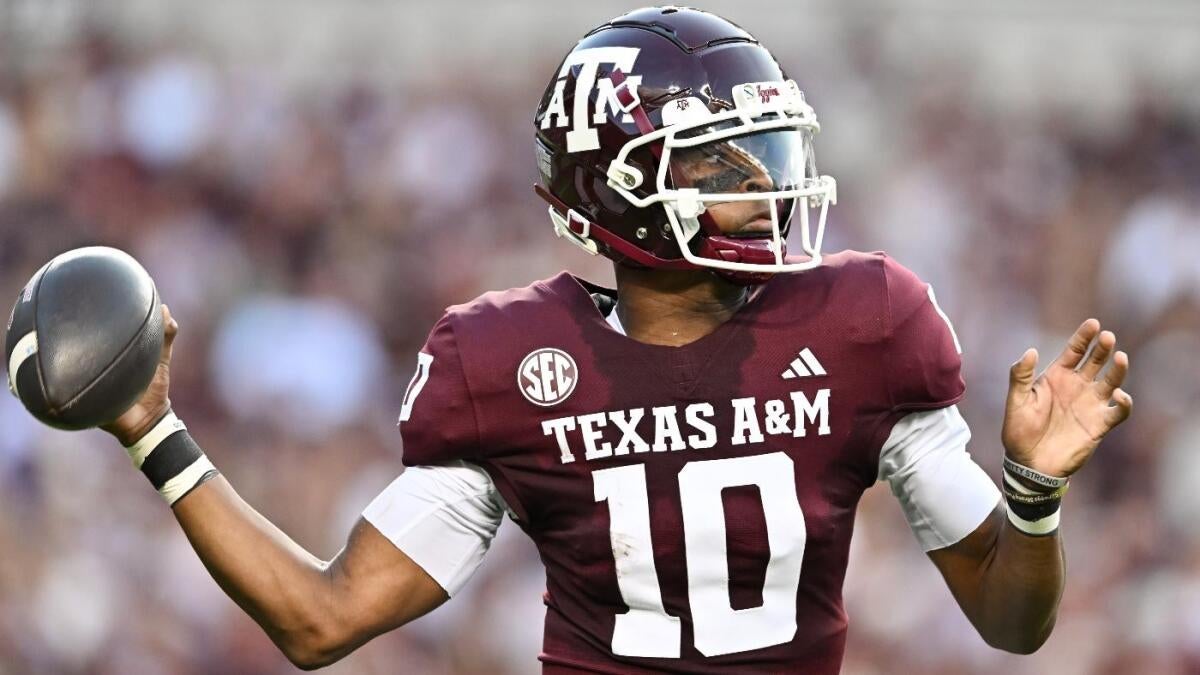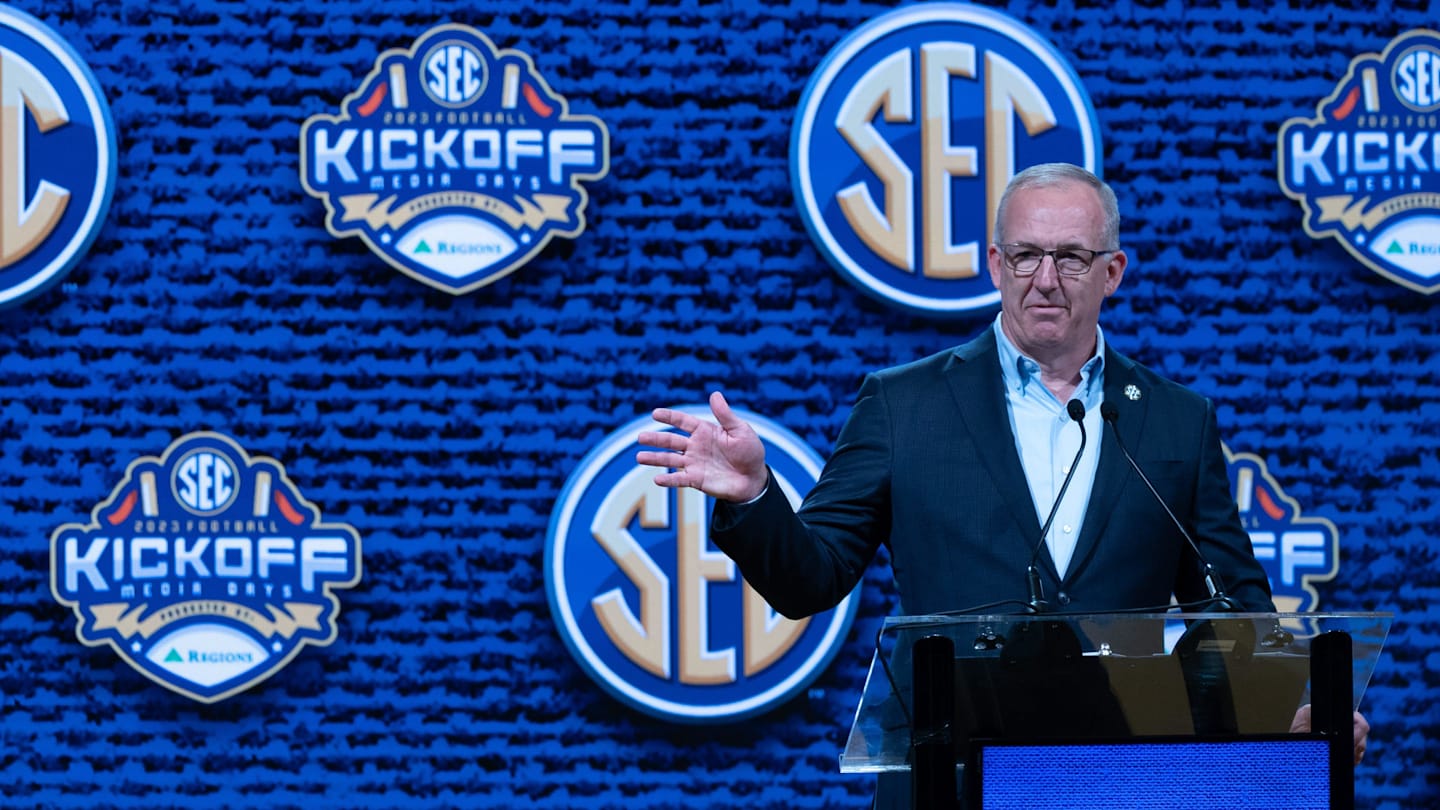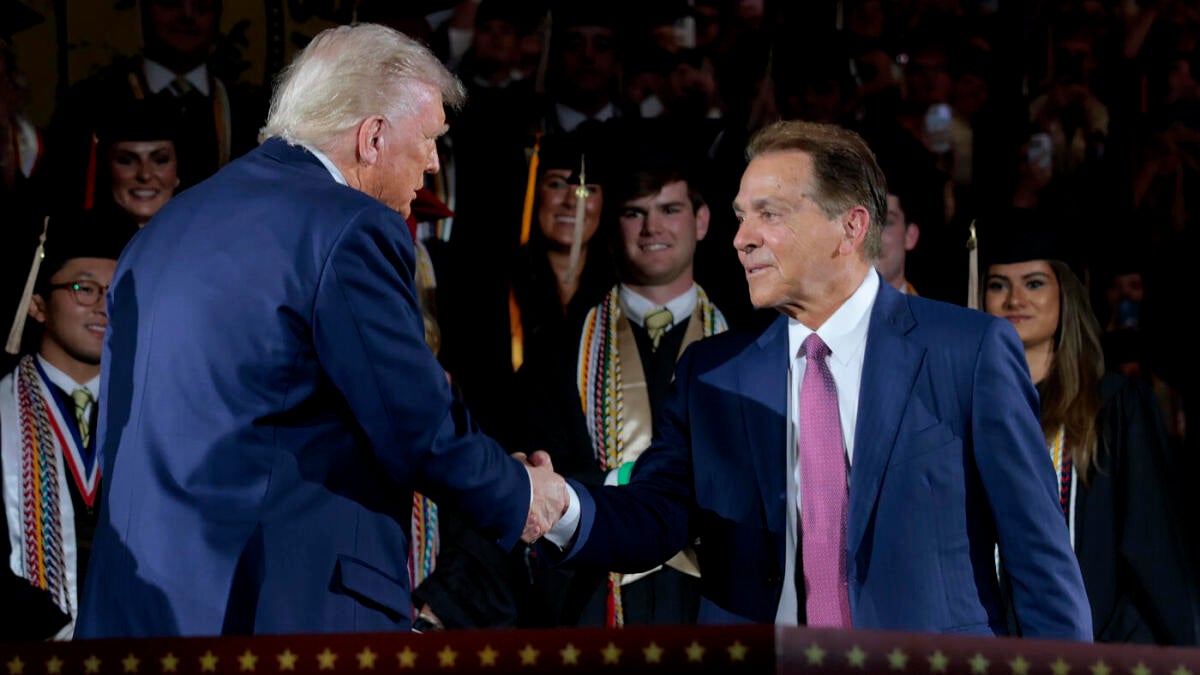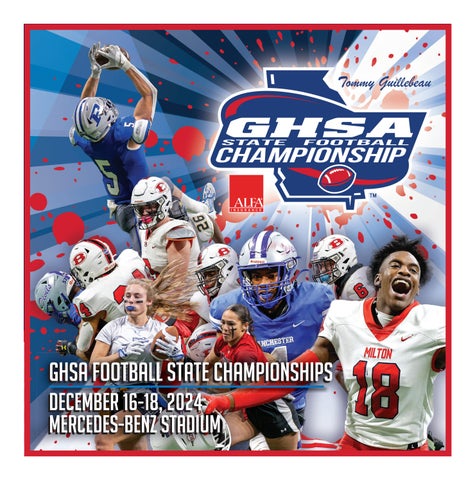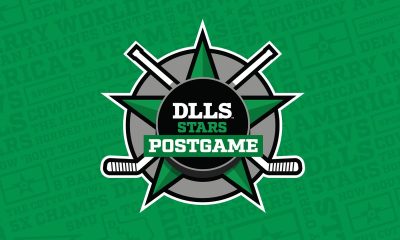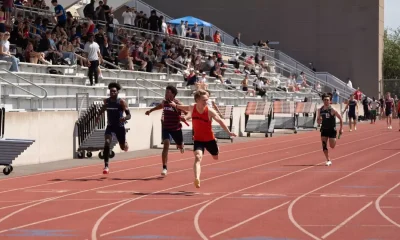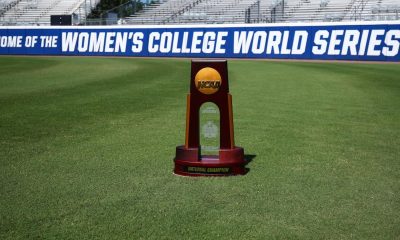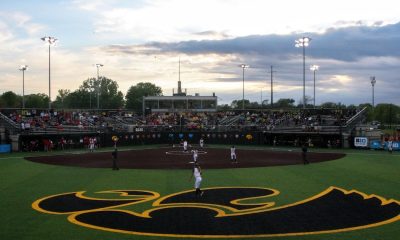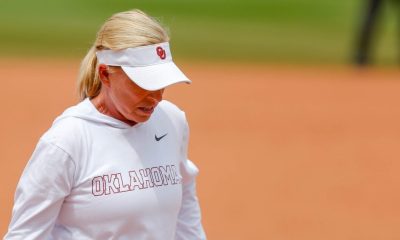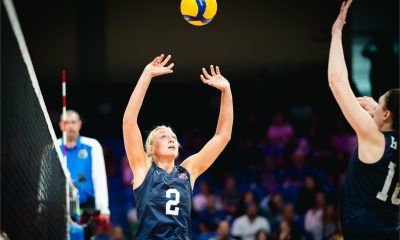LOUISVILLE, Ky. (WDRB) — I wonder if Chucky Hepburn has heard the news about Tennessee guard Zakai Ziegler.
Because if Ziegler wins his case against the NCAA for a fifth year of eligibility because his “ability to engage in commerce” has been truncated to four years, there’s certainly truncating happening to Hepburn at the University of Louisville, too.
Like Ziegler, all Hepburn got was four measly years. Ditto for Hepburn’s U of L teammate Reyne Smith.
How about Derek Willis? Shouldn’t he have a case of some kind?
Not only was Willis limited to four seasons of college eligibility at the University of Kentucky between 2013-17, he was an in-state hero who was also denied the opportunity to receive the Name/Image/Likeness benefits awarded to the current generation of players.
And now that I’m thinking about it, what about Jordan Hulls at Indiana? Not only did he grow up in Bloomington, he carried the added burden of joining a IU program that won only six games during the season before his arrival.
How much money did those nasty NCAA rules deny Hulls during his Indiana career? Hulls could have named his number at IU — and done it for at least five years.
I could go on. And on. And on.
Ziegler and his team of legal advisors are prepared to argue the guys who played in the class one year ahead of his class received five seasons of eligibility, not four.
And they did. Why? Because the NCAA tossed in an extra season because COVID-19 restrictions made the 2020-21 season less than the complete college experience.
The COVID bump has finally ended. But guys like Ziegler are not happy to see it go.
Hey, it was not Ziegler’s fault he wasn’t born one year earlier. But it is the NCAA’s fault that he is being denied that fifth season because there are NIL evaluators who believe Ziegler could earn as much as $4 million in another college season.
And the NBA won’t be paying him that, even though Ziegler averaged 22 minutes per game as a freshman, nearly 29 as a sophomore, more than 31 as a junior and 34 as a senior, all for Rick Barnes at Tennessee.
I’m certain that the list of players eager to push a case similar to Ziegler’s will go on. And on. And on.
But at some point, doesn’t somebody have to say, “No! Stop the madness. Enough.”
These are the rules. You get four years of competition that you can use over five seasons. When the four years of competition or five-season markers are met, you’re finished.
Move along.
Yes, you’re now getting paid. That’s not the issue. The players have prevailed on that issue, trouncing the old NCAA rules.
But even though they are getting paid, this is not supposed to be professional basketball. It’s professional college basketball. You can play four seasons.
In what might end up being a regrettable moment of compassion, the NCAA temporarily changed the rules because of COVID. But it was never intended to be a gateway to five seasons of eligibility.
You arrive as a freshman, you depart as a senior — like the majority of students. Take a look around at all those buildings on campus. That’s where you attend class.
They don’t attend class in professional basketball. Not in the NBA. Not in the G-League. Not in Europe.
I understand that the college years might be the best years of your life. Trust me, I get it. I didn’t want to leave after four years either. Many people don’t.
It’s got to be more difficult to walk away when you’re no longer going to have 18,000 people chanting your name on Tuesday and Saturday winter nights. People have written books about the challenges of moving forward in life after the cheering stops.
I’ve read some of them. You should read some of them.
But being a college basketball player is not supposed to be a vocation. People used to describe it as an opportunity or a privilege.
Now it’s a privilege and an opportunity as well as a way to make money. Money that the players deserve. I’m not arguing against that.
You practice hard. You compete in a public forum. People pay to watch you perform.
But let’s not turn this completely into professional basketball. You get five years to play four seasons.
And then you move along.
Sports Coverage:
BOZICH | Hoosier vs. Hoosier — for trip to the NBA Finals
Kentucky basketball lands 4-star high school forward Braydon Hawthorne
Before joining Louisville, heralded freshman Mikel Brown hoping to represent Team USA
Copyright 2025 WDRB Media. All Rights Reserved.

